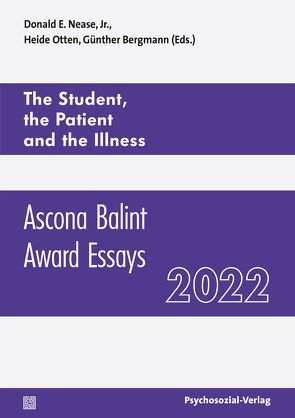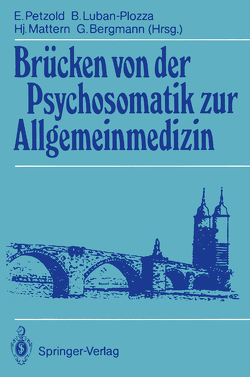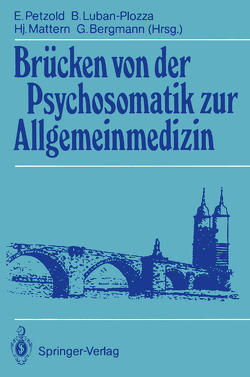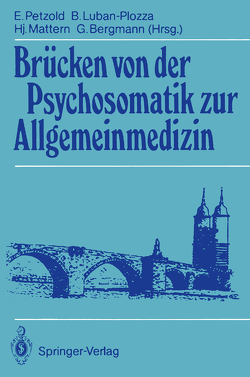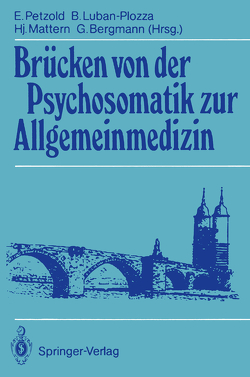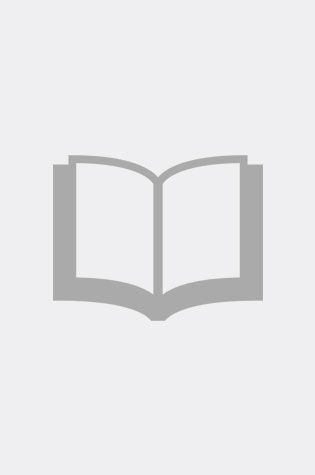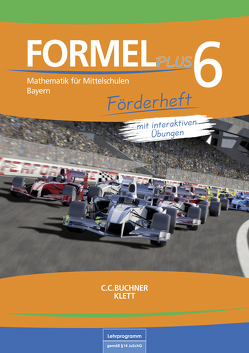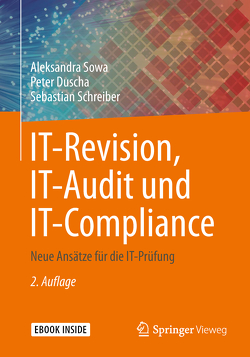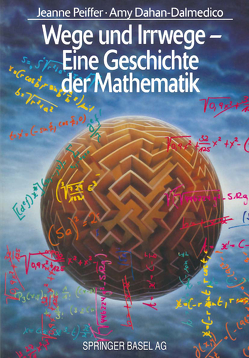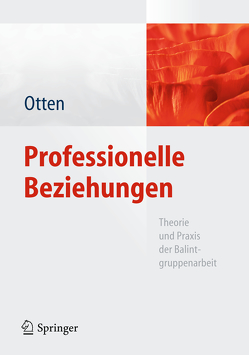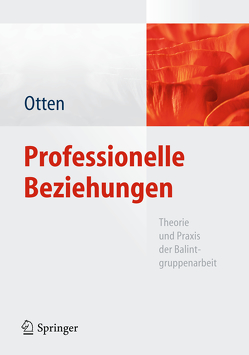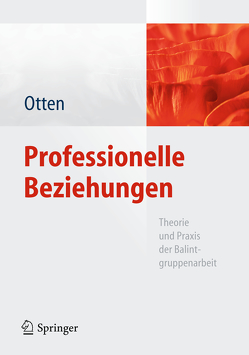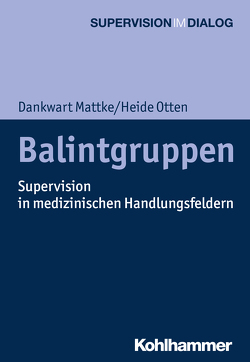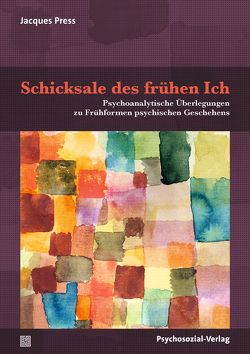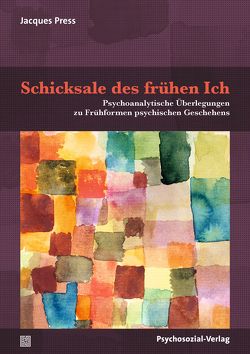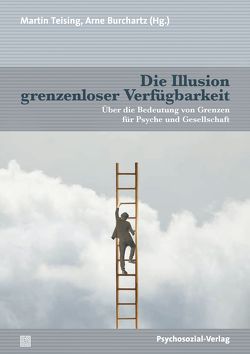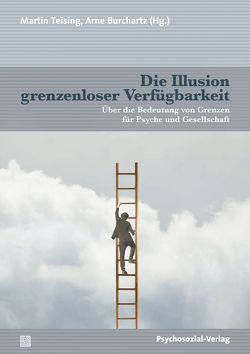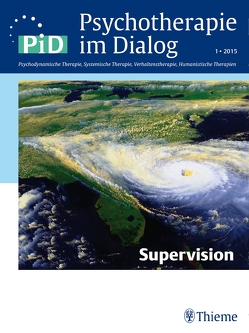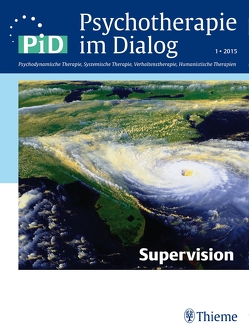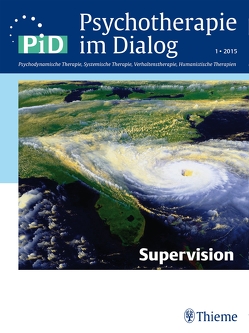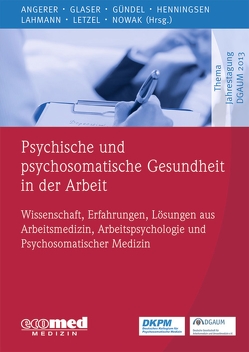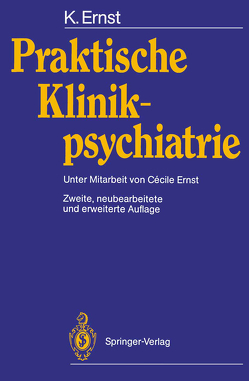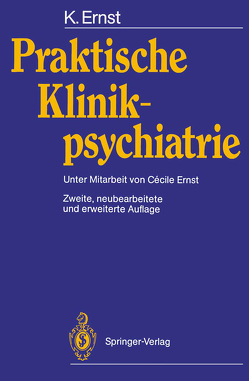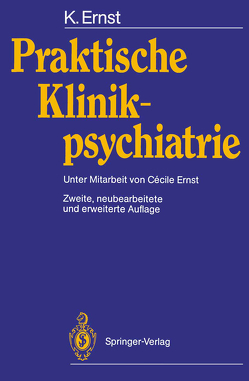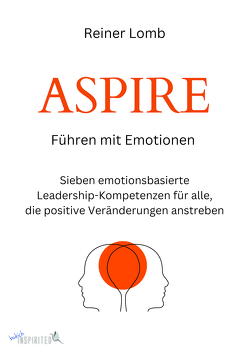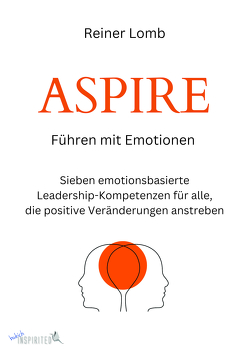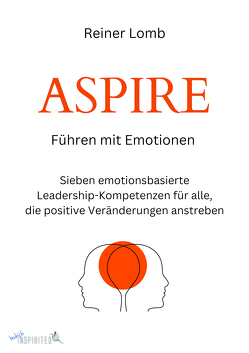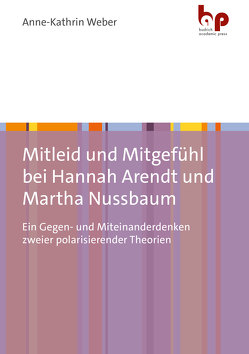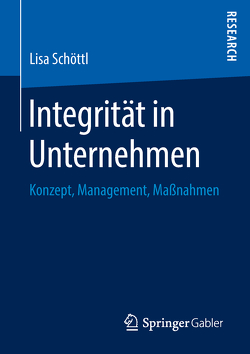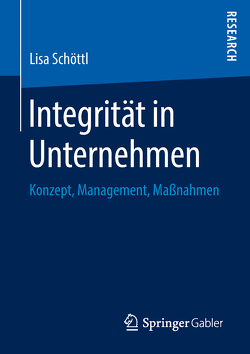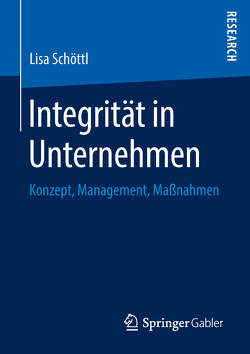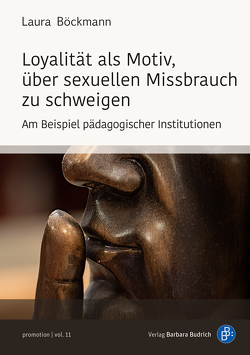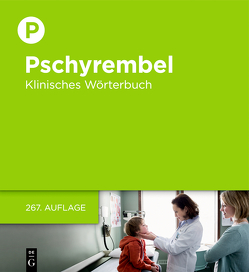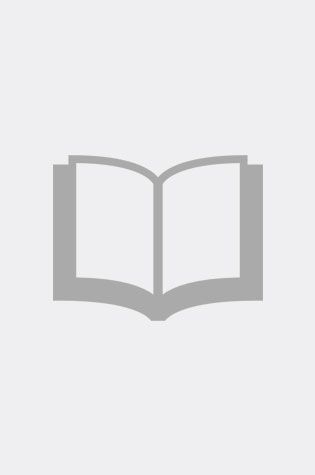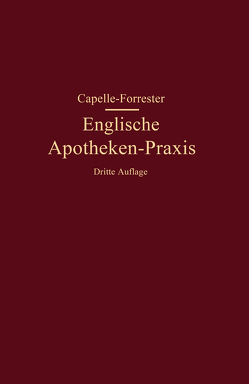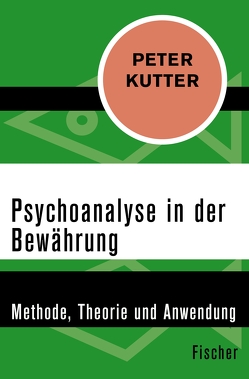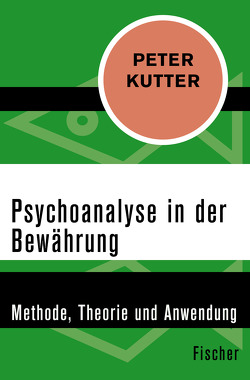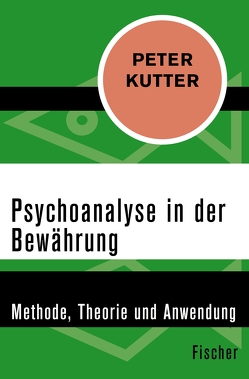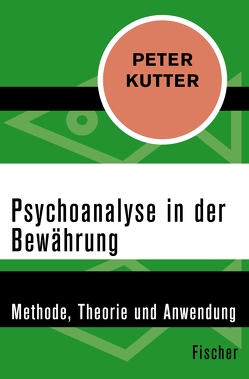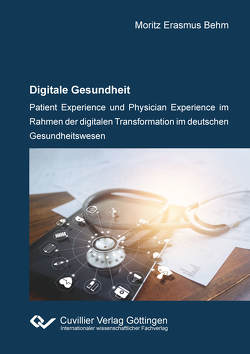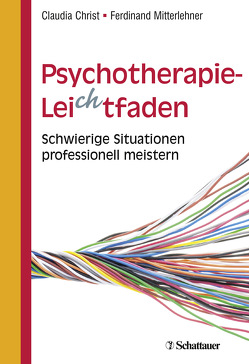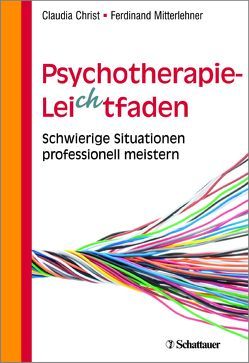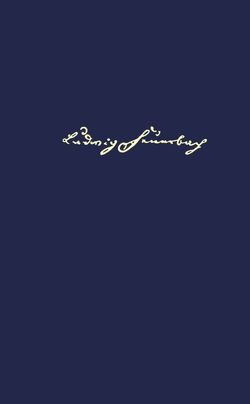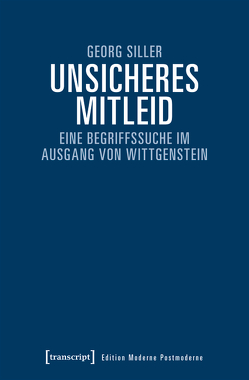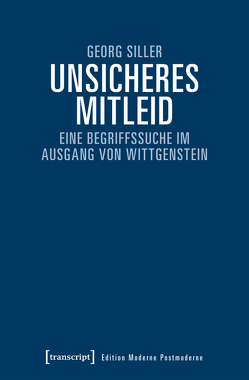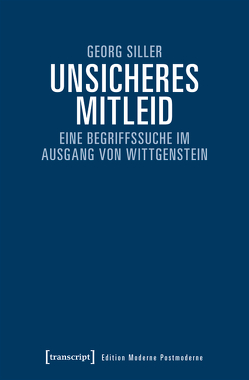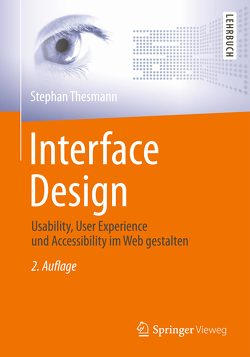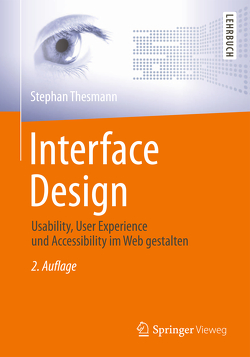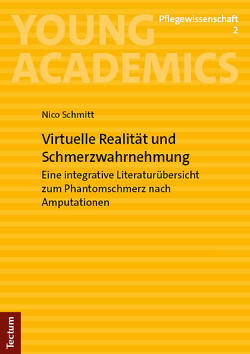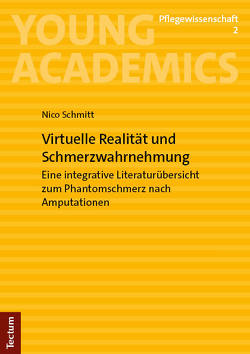The Student, the Patient and the Illness
Ascona Balint Award Essays 2022
Günther Bergmann, Donald E. Jr. Nease, Heide Otten
The essays for the Ascona Balint Award give a deep impression of the students’ experiences, reflections and conclusions. And they show an insight into medical education in different countries.
“Mr. Mikheil was not just another assignment for me anymore, not an interview I had to ‘get over with’, he was a patient, a person, a human, worthy of respect. […] He taught me that medicine is an interplay of Expertise, Ethics and Empathy and as we are only chasing the ‘Expertise’ in medical sciences, the ‘Ethics’ and ‘Empathy’ are just as valuable […]. As the interview ended, I promised myself that I would learn the theories in lectures, and I would learn the humanism by the bedside; and only by the integration of the two will I be a humane healer.”
Jill Kar
“All of the above made me realize that people have the right to life, but they also have the right to die. It may seem counterintuitive to our fundamental duty as physicians to preserve and protect life, and might raise ethical and moral issues, and yet, one has autonomy over one’s own life. There’s no doubt that the medical staff must offer the best patient care and do everything in their power to provide support and maintain hope, but the final decision is in the patient’s hands. It can be a patient with aggressive cancer who refuses chemotherapy, for instance, or a patient signing a DNR order. We need to discuss patients’ preferences and choices with them, make sure they understand all their meanings and consequences, and if they do, we have no choice but to respect their decision.”
Keren Meir
“I have come to appreciate that one of the joys of medical school is that it provides a rich experiential milieu in which to learn both the science and the art of medicine. […] It is often unscheduled, unexpected encounters that can lead to the greatest personal and professional growth; I can certainly attest that my relationship with Ereuti taught me far more than any formal teaching could. These moments can also be the most confronting and the most challenging. […] Empowering students to draw on their human skills, supporting them to make sense of and grow from pivotal experiences, and facilitating the development of their unique approaches to the student-patient relationship, along with the confidence to adapt those approaches to the needs of different patients, may be key features of effective medical training.”
Thomas Swinburn
With contributions by Madison Booth, Grace Borchert, Pedro Thadeu Mertens Brainer de Queiroz Lima, Chaninda Desjuba, Sahar Effati, Felix Flechtner, Amin Hatami, Alexios Iakovidis, Jill Kar, Christian Krätzig, Keren Meir, Johanna Pahl, Valmir Nascimento Rastely Junior, Re’em Sadeh, Felix Simpson-Orlebar and Thomas Swinburn
